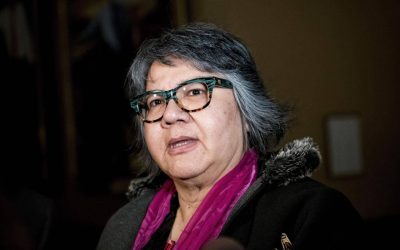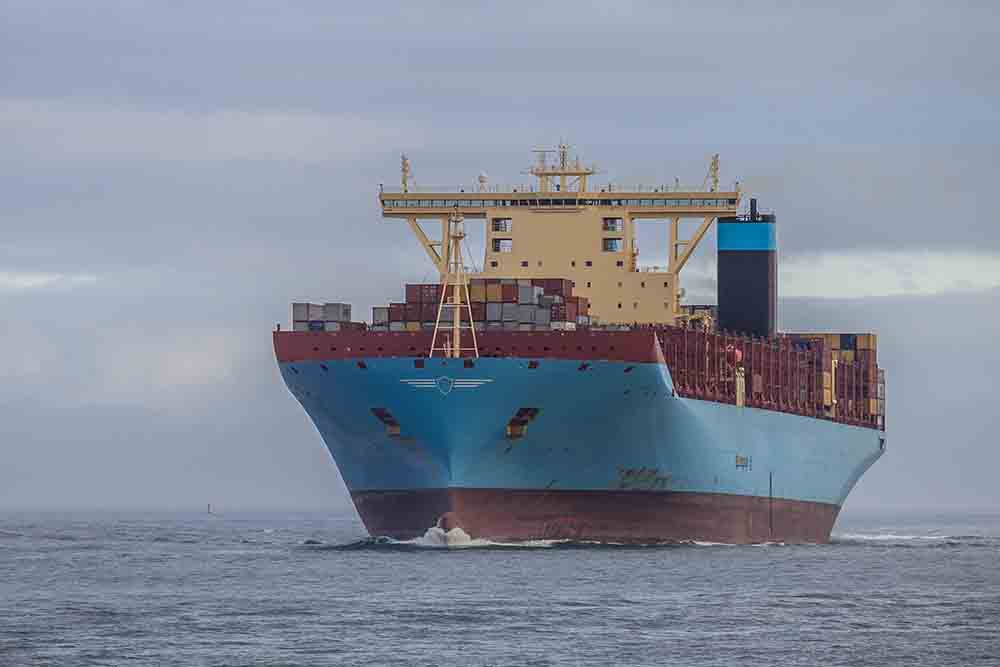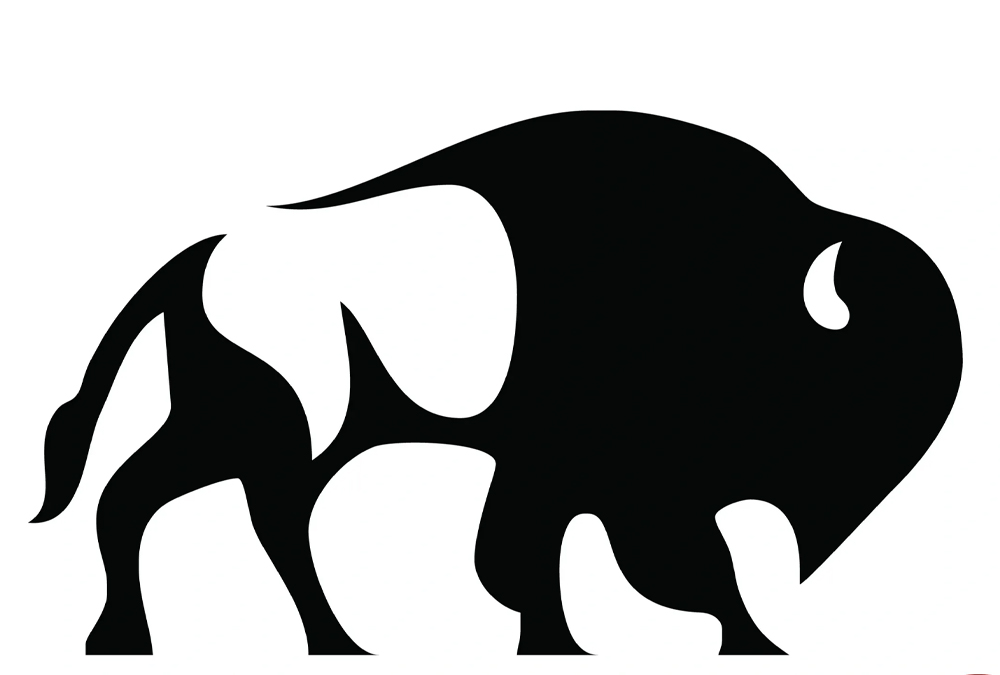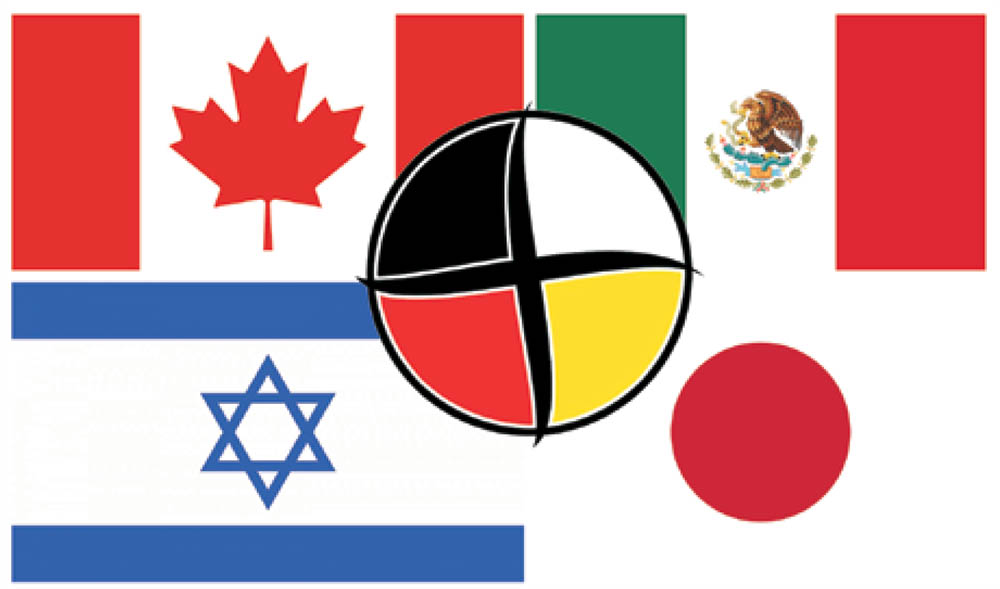It is time to reconsider the purpose of the AFN and how it selects its national chief Many Canadians were shocked to hear that RoseAnne Archibald, national chief of the Assembly of First Nations (AFN), had been ousted in a vote of non-confidence. Careful...
Results for "quesnel"
Property Rights Are A Pillar Of Our Prosperity And Living Standards. Canadians Can No Longer Ignore Their Erosion
Canadians need to understand how fundamental secure property rights are to our standard of living and continued prosperity. We need to ensure that our provincial and territorial governments are taking them seriously and protecting them. Often, it isn’t until we lose...
Will They Support Indigenous Backed Corridor?
Manitoba has a chance to prove it’s not the weakest link in an agreement struck between it and the other Prairie provinces to explore the possibility of building a deep-water harbour at Port Nelson on the Hudson Bay. Manitoba must do its part to not mess this...
Ignore More Privatization Hysteria from Special Interests
Manitobans deserve access to quality health care – not fear and misinformation from union-funded interests. This past week, the province announced the expansion of a partnership with Winnipeg-based Cerebra Medical to provide access to at-home sleep disorder...
Featured News
Leon Fontaine – A Passionate Canadian Thought Leader – RIP
This past weekend, we learned of the tragic and unexpected passing of Pastor Leon Fontaine at 59 years of age. Leon was a gifted leader playing many roles both nationally and internationally. He was, with his wife Sally, the senior Pastors at Springs Church with...
Public Inquiries and Public Trust
Testimony before the Public Order Emergency Commission reveals the case for government invoking the Emergencies Act is either weak or very weak. The Prime Minister was, in fact, opposed to members of his cabinet or senior public health officials meeting with protest...
Now Does The Premier Have Time For Northern Manitoba?
Last fall, the Manitoba Premier threw cold water on any discussions over Western separation. During a CTV interview, the Premier informed a reporter that he had no time for that movement. Making a reference to marriage, he said good relationships are not built on...
Northern B.C. Should Leverage the Buffalo Declaration
Talks about Western separation and the release of the well-timed Buffalo Declaration should be leveraged by marginalized northern regions in the West to place their issues front and centre in the national conversation. Within the wider discourse of Western alienation...
Indigenous Communities Are a Perfect Storm for This Kind of Outbreak
The federal government has a mixed record on helping Indigenous communities deal with pandemics and other outbreaks. In the case of COVID-19, Ottawa must ensure it gets it right. For many reasons, Indigenous communities are a perfect storm for this kind of outbreak. ...
Revitalize the Long-Neglected Economies of Northern Manitoba and Northern Saskatchewan
The Churchill pipeline would revitalize the long-neglected economies of northern Manitoba and northern Saskatchewan, but the ultimate success of this pipeline to Churchill, Manitoba will depend on the involvement and support of Indigenous communities in both Manitoba...
Successful Integration Experiences From Around the World
Successful Integration: International Examples Could Help Canada’s Indigenous Peoples Opportunities for urbanization of Indigenous communities WINNIPEG, MB, March 20, 2020 - The Frontier Centre for Public Policy has just released Successful Integration Experiences...
James Smith Offers Private Medical Clinic
James Smith Cree Nation in Saskatchewan is set to establish a private medical clinic in Saskatoon offering medical imaging services for patients such as MRI and CT scans. The Indigenous community said they expect the clinic to be open in early 2020. The First Nation...
Activists’ Hypocritical Rhetoric Harms First Nation and Metis Communities
The decision by Teck Resources to withdraw its application for the Frontier project could risk future opportunities for Indigenous communities if the decision leads to more resource companies declining to invest in Canadian resource projects. Although Teck stated...
First Nation Commercial Forestry
When one thinks of Indigenous engagement in the natural resource economy, one usually thinks of opportunities in the oil and gas industry or in mining. However, increasingly, First Nations are getting involved in commercial forestry. Certain provinces – including...
Get Used To The Idea: Canadian Energy Requires Tidewater Access
A future U.S. circuit court ruling in Boston – depending on whether it upholds a lower court ruling from Maine – may mean more American cities on both coasts adopt restrictive ordinances prohibiting the bulk loading of crude oil tankers in their city’s ports, thus...












